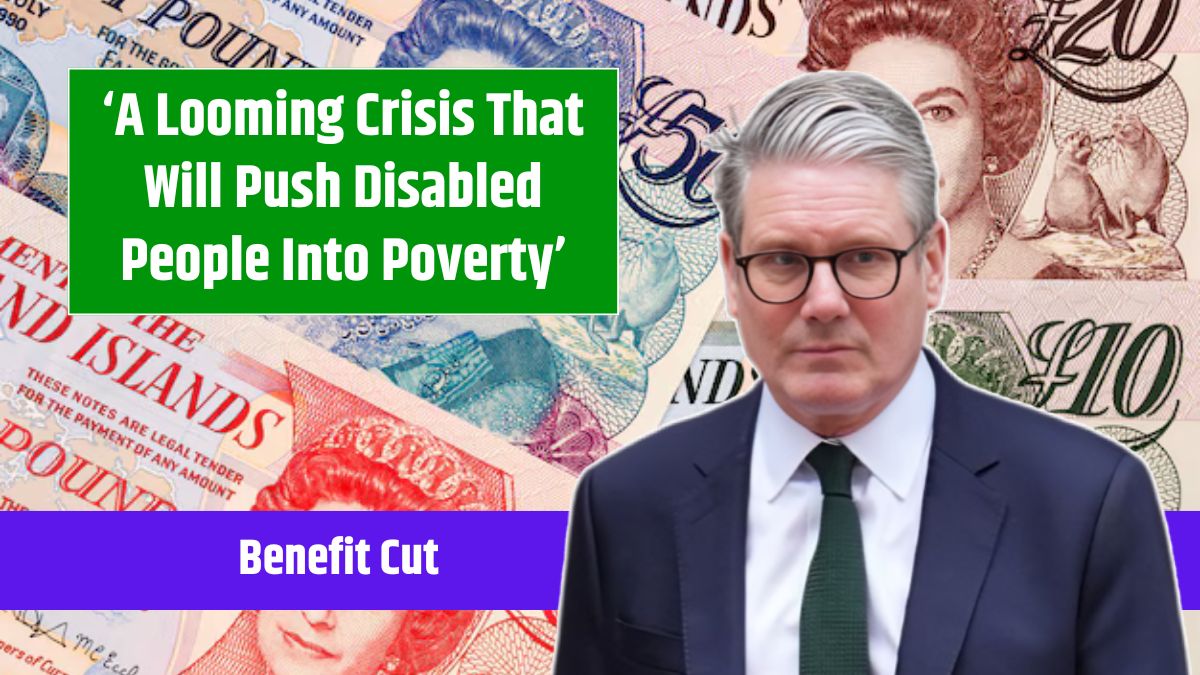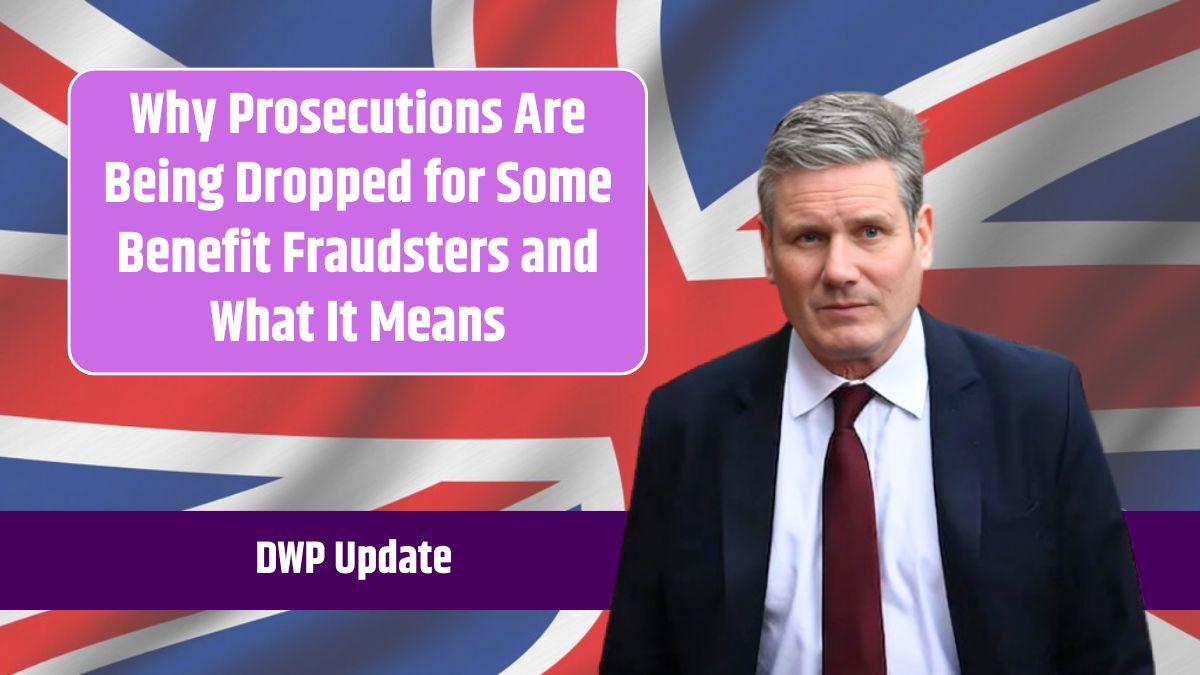A fresh wave of welfare reform proposals could see Personal Independence Payment (PIP) scrapped for individuals with mental health conditions.
These new plans suggest shifting financial support away from conditions like anxiety and depression and focusing solely on physical disabilities.
Disability Benefits
Since its introduction in 2013, PIP has significantly contributed to the UK’s welfare spending, which has surged by over 40%. In 2023, disability and incapacity benefits reached £64.7 billion—20% more than the UK’s defence budget. Forecasts predict this figure could rise to £100.7 billion by 2029/30, pushing the total welfare bill past £370 billion.
With rising costs, the government is under pressure to overhaul the system. The House of Lords Economic Affairs Committee has urged swift reforms, and Work and Pensions Secretary Liz Kendall must respond to their recommendations by 20 March.
Calls for Reform
The Centre for Social Justice (CSJ), a centre-right think tank, has suggested ending PIP for mental health conditions and replacing it with targeted support. They argue that the sharp rise in mental illness claims is driving economic inactivity.
Between 2019/20 and 2023/24, newly awarded PIP claims for mental health issues soared by 209%. In financial terms, spending on these claims jumped from £221 million to £683 million.
Additionally, there has been a significant rise in young people unable to work due to long-term illness. Between 2019 and 2022, the number of unemployed 16-24-year-olds due to sickness increased by 29%, while those aged 25-34 saw an even steeper rise of 42%. Mental health conditions accounted for nearly a quarter of these cases.
Public Opinion
Polling by CSJ indicates that nearly half (48%) of people believe individuals with mild mental health conditions should receive “benefits-in-kind,” such as therapy or job training, rather than cash payments. Only 18% supported direct financial aid.
Currently, PIP payments range from £114.80 to £737.20 every four weeks. These amounts are set to rise to between £116.80 and £749.80 in April 2025. However, if these proposals go ahead, mental health claimants may no longer qualify for these payments.
Concerns
The CSJ has criticized how the UK approaches mental health, arguing that people may be misdiagnosed with clinical conditions when they are simply experiencing temporary sadness or isolation.
Alarmingly, out of 49 NHS health trusts, only three have a clear definition of what constitutes a mental health disorder.
Psychiatrists have acknowledged the subjective nature of mental health diagnoses, warning that the system may be mislabeling distress as a medical condition.
The CSJ cautions that this could lead to people missing out on the treatment they truly need while others receive unhelpful labels that prevent them from addressing underlying issues.
The Future of PIP
With major welfare changes expected this spring, Chancellor Rachel Reeves has warned that “difficult decisions” lie ahead. Work and Pensions Secretary Liz Kendall has also signaled “radical” reforms.
The full details of the government’s plans are set to be revealed before Easter, but one thing is clear—PIP as we know it may soon change drastically.
FAQs
Will PIP be scrapped for mental health?
Proposals suggest PIP may be discontinued for mental health conditions.
Why is the government considering PIP cuts?
Rising welfare costs and increased mental health claims are key factors.
What is replacing PIP for mental health?
CSJ suggests targeted support instead of direct financial aid.
How much does PIP currently pay?
PIP ranges from £114.80 to £737.20 every four weeks, increasing in 2025.
When will the changes to PIP be announced?
Reforms are expected to be revealed before Easter 2025.


















